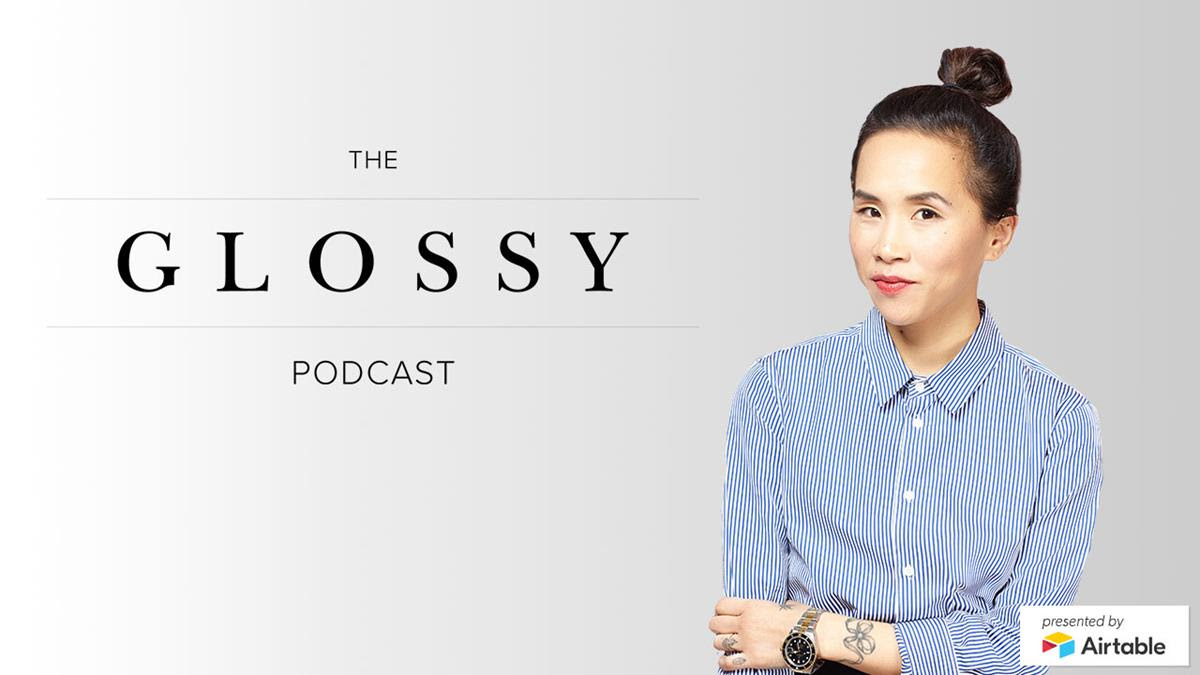Everyone wants in on the $445 billion beauty industry.
Yesterday, Jennifer Lopez announced she’ll be releasing a 70-piece makeup line late this month with Poland-based Inglot Cosmetics that will include lipsticks, bronzers, mascaras and more. And earlier in the week, TMZ revealed Gwen Stefani has applied to trademark a new cosmetics brand, P8NT, set to include makeup, as well as hair, body and skin-care products.
Both were no doubt inspired by the success of makeup lines like Kim Kardashian’s KKW Beauty, which sold out minutes after launch, bringing in $13.5 million in sales, and Kylie Cosmetics, which saw sales of $420 million in 18 months. Rihanna’s Fenty Beauty reportedly earned $72 million in one month.
And it’s not just celebrities who are flocking to the category. Fashion influencers are increasingly turning their focus to beauty, motivated by the boom in opportunities. Wardrobe stylist Liz Teich, behind the blog Brooklyn Stylist, said she’s recently been inching into beauty, both inspired by increased interest from her followers, and the desire to share tips of beauty experts she meets on sets. “It feels natural,” she said, at a press preview on Wednesday, just before heading to her first complimentary spa session. Weeks before, WeWoreWhat’s Danielle Bernstein documented her first facial on Instagram Stories.
Also this week, StyleSeat, which manages appointments and payments for thebeauty industry, added former Uber CEO Travis Kalanick and Minted co-founder Melissa Kim to its board. Kalanick, an angel investor in the company, announcedhis new position on Twitter.
And that’s not to mention the independent beauty brands that are popping up at an unprecedented pace.
The space is becoming more dangerous for brands — not for the vast amount of product, but because differentiation is more difficult in a crowded market, according to Glossy’s beauty reporter, Jessica Schiffer.
“Oversaturation won’t be the issue here — beauty has always been oversaturated — but, rather, it will be that not enough brands will actually be able to offer something different enough to stand out and thrive in the long term. Fenty Beauty may have gotten an initial Rihanna-fueled bump, but it’s its diverse and effective product range that will keep it alive,” she said.
The Insider
In The Insider, an industry expert weighs in on a question submitted by a Glossy+ reader.
Joy: When should VC come into play for a brand, if at all? Why?
Ken Pilot, co-founder of Pilot Consulting: Retail Solutions:
“VCs enter at different stages, depending on the focus of the VC. I’m working with brands that have experienced both seed and A round investments. It’s great to have it earlier if the startup can maintain a fair valuation. And VC offers strategic support in addition to funds, as well as investing in the next round. Note to startups: Fast rounds at a slightly lower valuation are a big win, compared to a lengthy raise that might return a higher valuation. Founders need to spend their time managing and scaling their business, not presenting a deck to numerous VCs.”
Reshma Chattaram Chamberlin, founder and chief brand and digital officer of Summersalt, which on Thursday announced a $2 million seed round led by Dundee Venture Capital:
“There are many ways to fund growth; however, venture capital comes into play for high-potential brands who have the opportunity to disrupt a large category and need adequate capital to compete against legacy players with deep pockets and reach. The funding, network and support allows new brands to set up for category disruption, and to innovate and grow rapidly. Having theright group of venture capitalists who believe in a founder’s ability to build and grow the company, believe in the product or business model, and bring their relevant experience and network to the table is critical. Not all VC money is created equal.”
Scott Carter, former venture capitalist and founder of startup apparel company Kiln:
“It is generally a good idea to consider raising venture capital once you’ve experienced real traction or business momentum that indicates initial market acceptance of your brand. Also, if you have a unique business idea around your brand, perhaps one that is potentially disruptive, the advice and capital provided by a venture capitalist can often help you accelerate your business objectives.”
Want to know what industry insiders are saying about another topic related to fashion, luxury or tech? Enter the topic here.
Glossy Awards
The Glossy Awards honor the brands, media companies and technology firms that are transforming the fashion and luxury industries at a time of seismic change. The categories span across the fashion and luxury industries, startups, partnerships with influencers, beauty and platforms.
Last day! Enter one of 20 categories spanning the fashion, beauty and luxury industries, including Best Breakthrough Startup, Best Influencer Campaign and Best Use of Instagram.
The Glossy Podcast
On this week’s Glossy Podcast, Nordstrom director of creative projects Olivia Kim discusses how she formed her position and, eventually, department, how fashion collaborations have evolved, and what appeals most to customers.
Bookmarked
#OH
“People who aren’t using AI are eventually going to lose their shirts — but it’s not a revolution; it’s merely an evolution… The hype will collapse in about a year, and then it will just become part of the trade.”
–Charlie Cole, chief digital officer at Tumi and global chief e-commerce officer at Samsonite, in How Tumi is using AI in marketing campaigns, online and in stores




